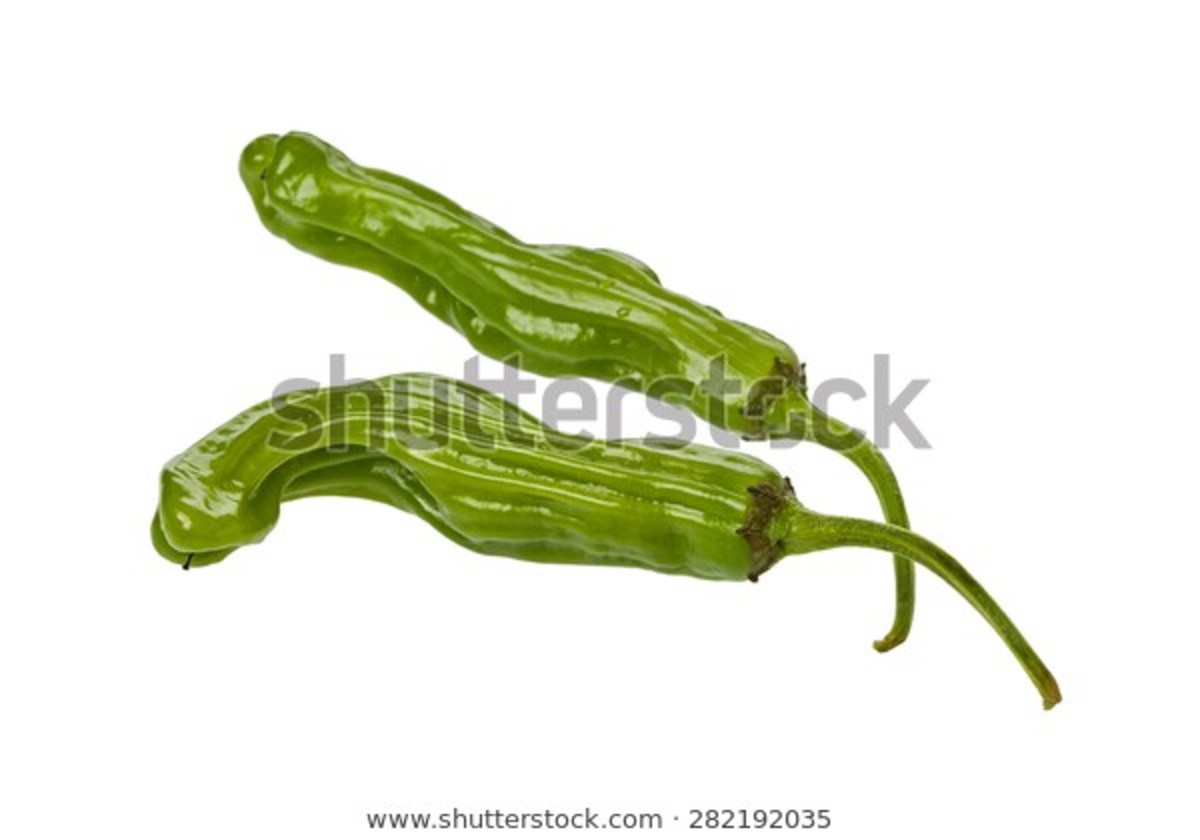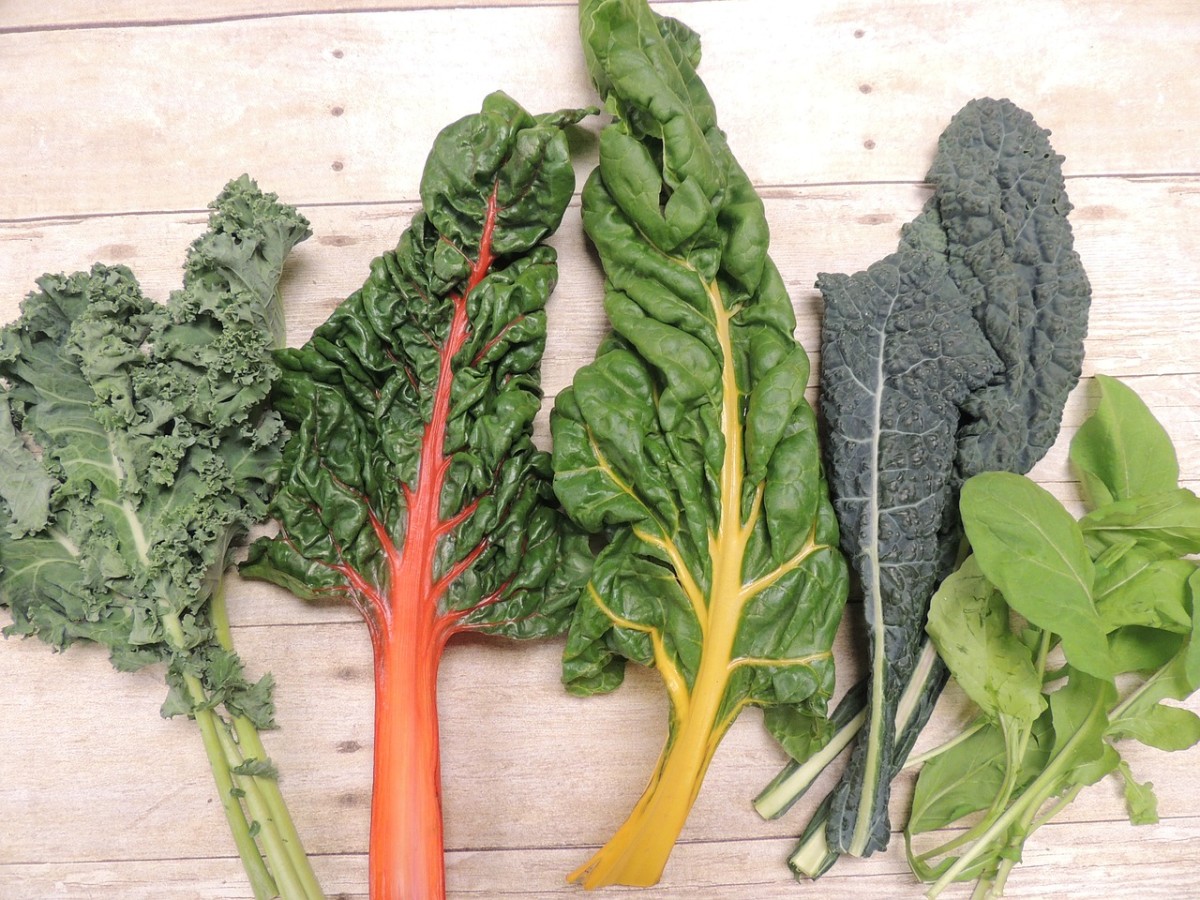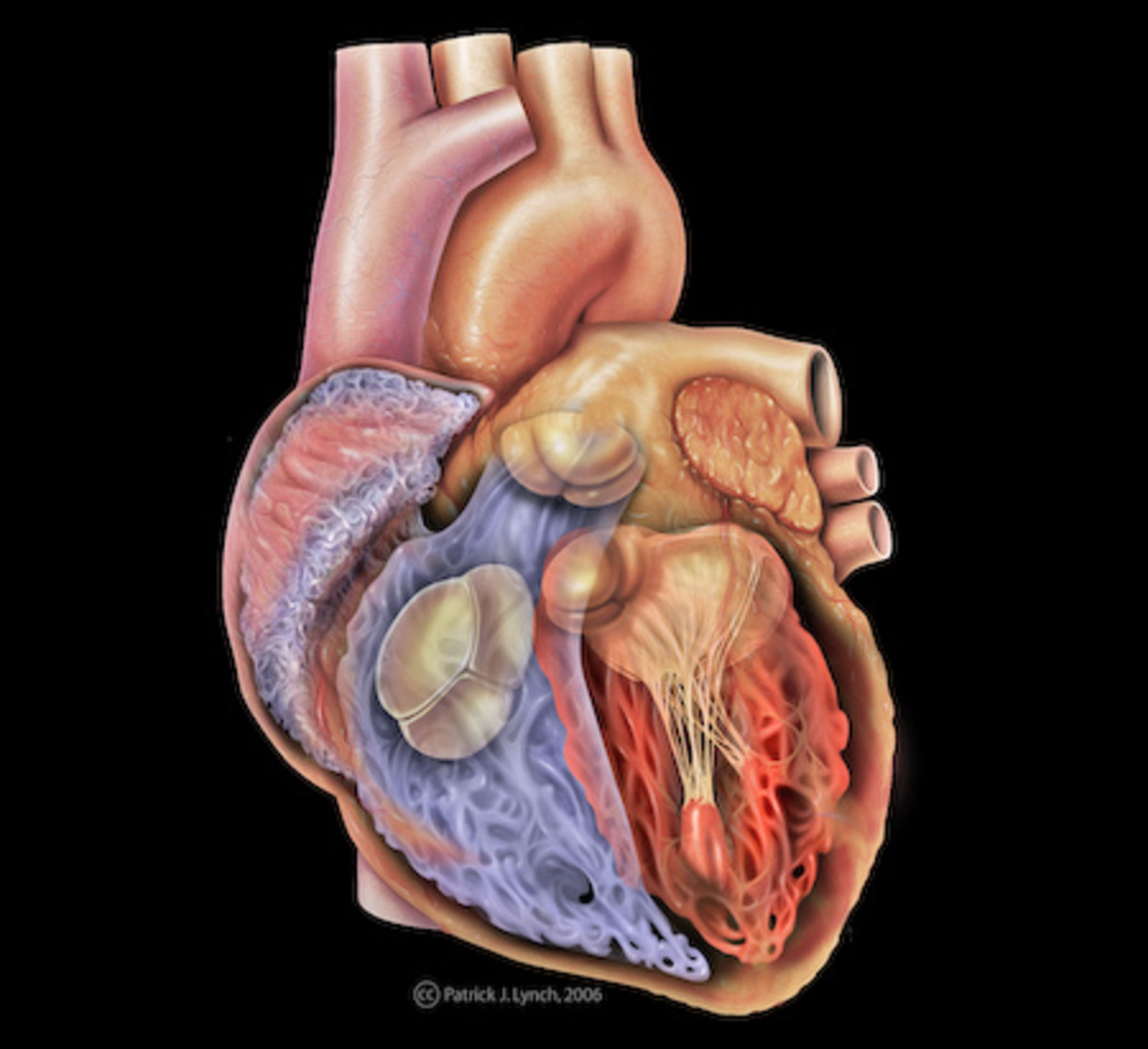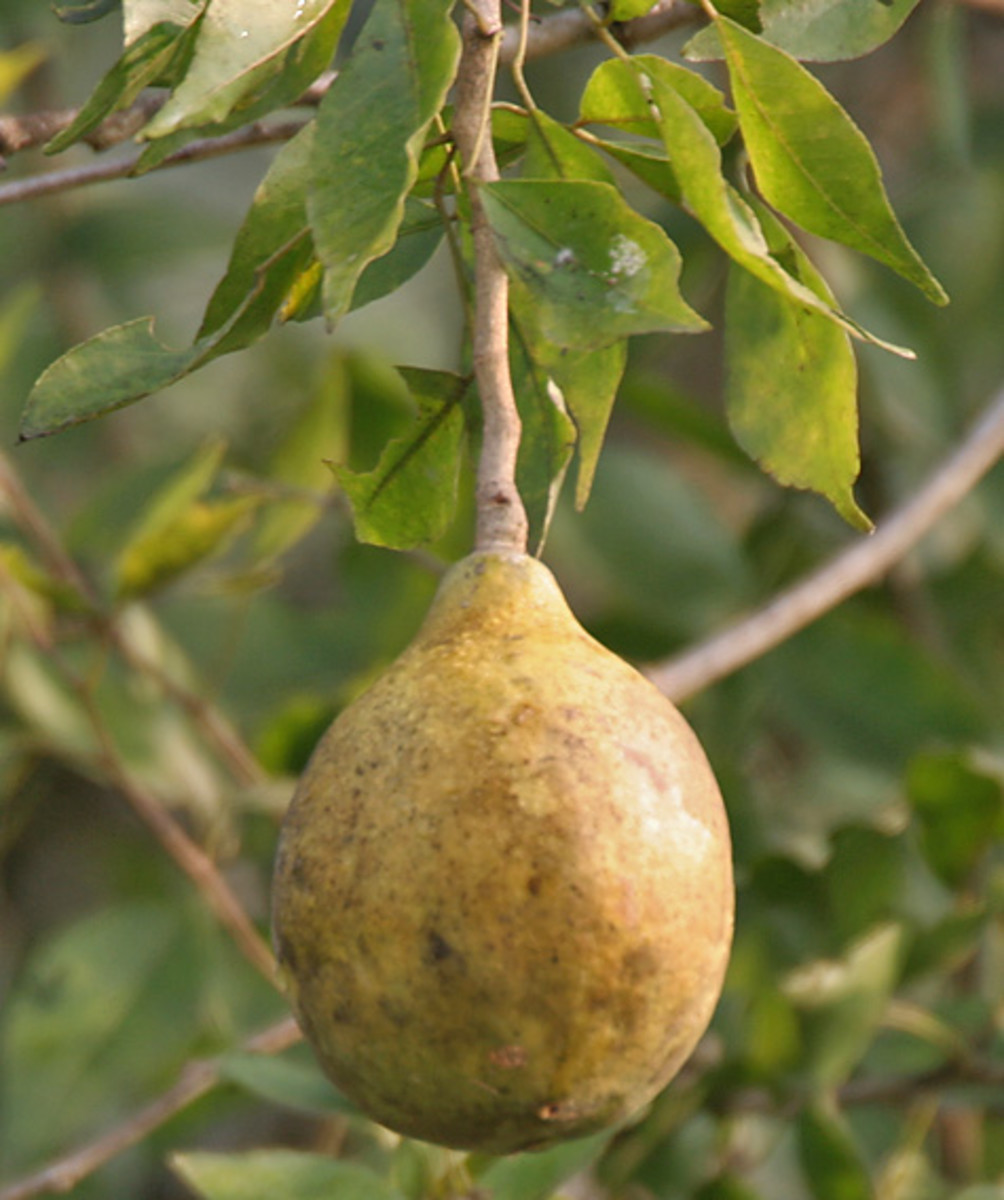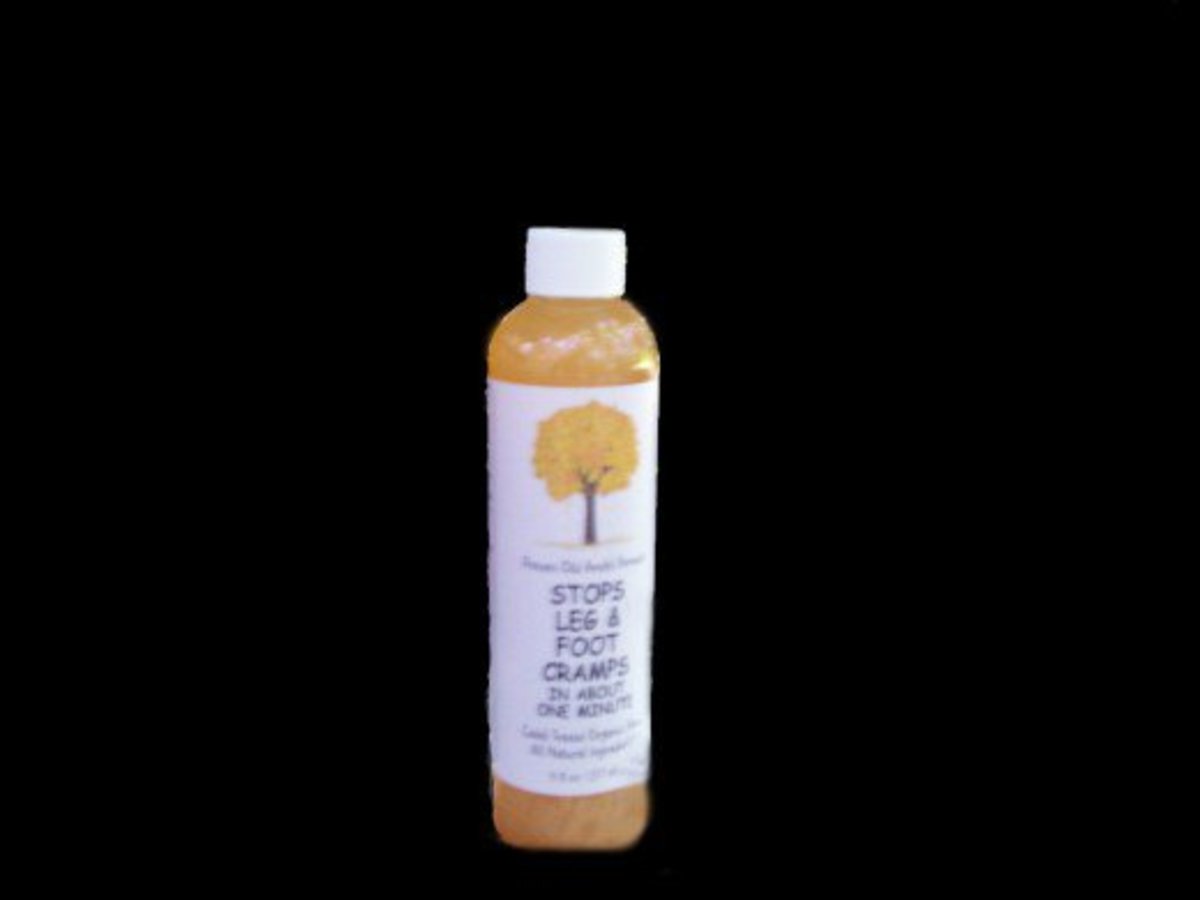Sardines Full of Nutrition
Did you know that sardines have more calcium than milk? And more potassium than banana? When comparing on an ounce per ounce basis, this is the case.
Sardines are full of health benefits. Some of the important ones are ...
- Good source of omega-3 fats in the form of DHA and EPA.
- High quality complete protein
- Contains vitamin B and vitamin D
- Contains important minerals such as calcium, selenium, iron, and potassium.
Sardines are Brain Food
Sardines are healthy for the brain healthy due to its B vitamins and DHA omega-3 fats.
The omega-3 fatty acids in the form of DHA and EPA are the most important for the brain. The brain is 60% fat and in particular loves DHA fatty acids. Omega-3 fatty acid also reduces inflammation.
I talk more about the omega-3 benefits of in sardines in a separate article.
B Vitamins in Sardines
Because plant foods are typically lacking in vitamin B12, sardines are a good way to get some vitamin B12.
A 3.2 ounce can of sardines have over 100% DV of vitamin B12. It also contains good amounts of B3 at 24% DV.[3]
Read why the various B vitamins are essential for brain health.
Sardines More Calcium and Phosphorus than Milk
LiveStrong.com article says ...
"a single three-ounce serving of sardines provides the same amount of calcium as a glass of milk."[1]
Since a glass of milk is definitely more than 3 ounces, then on an ounce per ounce basis sardines have more calcium than milk. This is assuming the you are eating the whole sardines with the bones intact.
One cup of sardine contains 730 mg of phosphorus.[2] Whereas, one cup of whole milk has only 222 mg phosphorus. This nutritional data was obtained from NutritionalData.Self.com.
Sardines More Potassium Than Banana
Ounce per ounce, sardines have more potassium than banana. One ounce of sardines has 111 mg whereas one ounce of banana has 100 mg.[2]
Another important mineral found in sardines is selenium. In fact, a 3.2 ounce of sardines contain 68% DV of selenium.[3]
Sardines also have a bit of magnesium, which is an important mineral that plays a role in more than 300 internal processes.
Vitamin D in Sardines
For good bone health, you need more than just calcium, you also need vitamin D to help your body absorb calcium. Vitamin D plays a major role in immune function and cancer protection.
A 3.2 ounce of sardines has a whopping 44% DV of vitamin D, according to WHFoods.org.[3] There are not many foods this high in vitamin D concentration.
Having complete protein is one of the reasons for getting some animal products in ones diet. It is also easier to get vitamin B12 and DHA form of omega-3 from animal products. Plus iron is more readily absorbed from animal products. Read more »
Sardines contain Quality Complete Proteins
Unlike vegetable sources, most animal meat contain "complete proteins". This means that the meat protein contain all the nine "essential amino acids" that the body needs to get from diet: isoleucine, leucine, lysine, methionie, phenylalanine, threonine, tryptophan, valine, histidine.
In addition, there are "conditionally essential" amino acid which the body may not be able to synthesize in sufficient amounts and would need to get from diet: arginine, cysteine, glycine, glutamine, proline, serine, and tyrosine.
Sardines contain protein that has all these listed essential and conditionally essential amino acids. On Nutrition Data[2], sardines have an amino acid score of 148. This is close to the amino acid profile of skirt stake with a score of 154.
While it may be true that steak have more protein than sardines, the protein in sardines can not be matched by many plant-based foods which are often lacking in one or more of the listed amino acids.
What about Iron?
Setting the droplist to show 1 ounce in Nutrition Data for sardines and spinach, it shows sardines to have 0.6 mg of iron and cooked spinach to have 1.0 mg.
Although spinach has higher iron on paper, it is likely that we absorb more iron from sardines than from spinach. That is because the iron in spinach is not in the form that is readily absorbable. Wikipedia says ...
"spinach contains iron absorption-inhibiting substances, including high levels of oxalate, which can bind to the iron to form ferrous oxalate and render much of the iron in spinach unusable by the body" [reference]
and ...
"The efficiency with which iron is absorbed varies depending on the source. Generally the best-absorbed forms of iron come from animal products." [reference]
Sardines a food source of Co-Q10
Coenzyme-Q10 is an important antioxidant which your body can produce on its own. However, as we age, we produce less of it. The good news is that besides supplemental form, you can get Co-Q10 naturally in some foods. Sardines is one such food that contains ample supply of it.[1]
Wild Sardines
Although I eat sardines on a regular basis from a variety of sources, I particularly like the wild sardines in extra virgin olive oil by Wild Planet. They uses BPA-free can.
References:
- [1] Vitamins In Sardines | LIVESTRONG.COM
- [2] Nutrition Facts and Analysis for Fish, sardine, Atlantic, canned in oil drained solids with bone
Nutrition facts and Information for Fish, sardine, Atlantic, canned in oil, drained solids with bone - [3] Sardines - WHFoods.org



